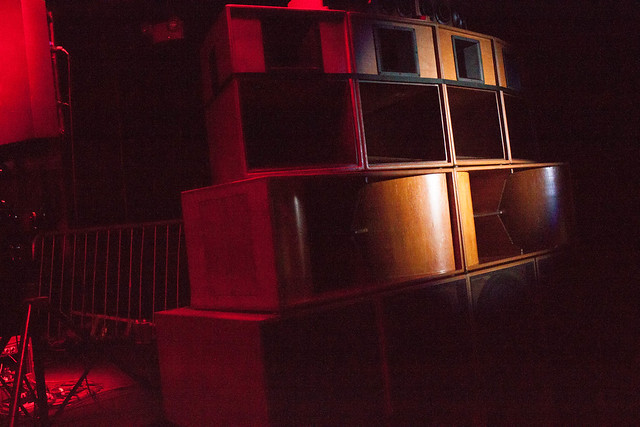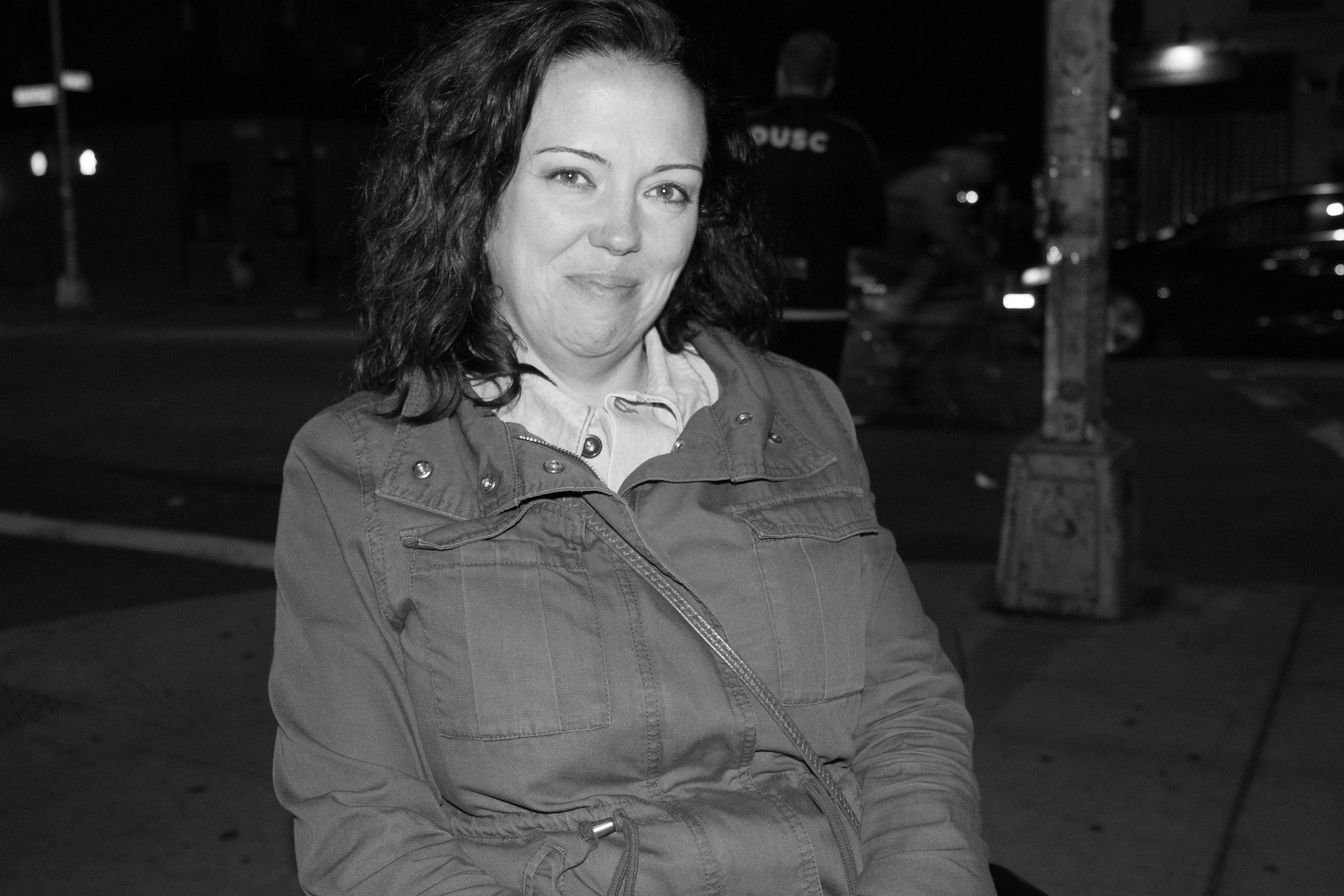Throughout the past summer, I’ve written quite a bit about the Glasgow, Scotland-based synth pop act Free Love, and since their formation back in 2014 under the name Happy Meals, the act which is comprised of Suzanne Rodden and Lewis Cook quickly established themselves as one of Scotland’s most acclaimed, contemporary electronic music acts; in fact, their 2015 full-length debut Apero received a Scottish Album of the Year nod. And adding to a growing profile. the duo has opened for Liars and The Flaming Lips, and played sets at festivals in Austin, TX, Moscow, and Bangalore.
With the release of “Synchronicity,” a track that may remind some listeners of Nu Shooz‘s “I Can’t Wait,” and New Order‘s “Blue Monday” and “Bizarre Love Triangle, the duo further cemented their reputation for crafting utopian-leaning and brainy dance pop centered around shimmering analog synths. As the duo explained in press notes, the song is breaking free from the binds of culturally dictated self-limitation, coupled with the vertigo of complete freedom. The Scottish synth pop duo released two more singles, the ecstatic Giorgio Moroder and New Wave-like “Pushing Too Hard,” and the acid-house-like “July,” which brought Come With Us-era Chemical Brothers and Tweekend-era Crystal Method to mind. The duo’s forthcoming EP Luxury Hits is slated for a November 9, 2018 release and the EP’s latest single “Playing As Punks” will further cement the Scottish duo’s reputation for crafting 80s inspired synth-based New Wave — in this case, much like “Synchronicity,” taking its cues directly from early New Order and early house music as the track sonically is centered around arpeggiated synths, industrial clang-like drum programming and an soaring yet infectious hook; but underneath the dance floor friendly vibes, the song focuses on being here in this very brief moment with the understanding and acceptance of the fact that it won’t last.


